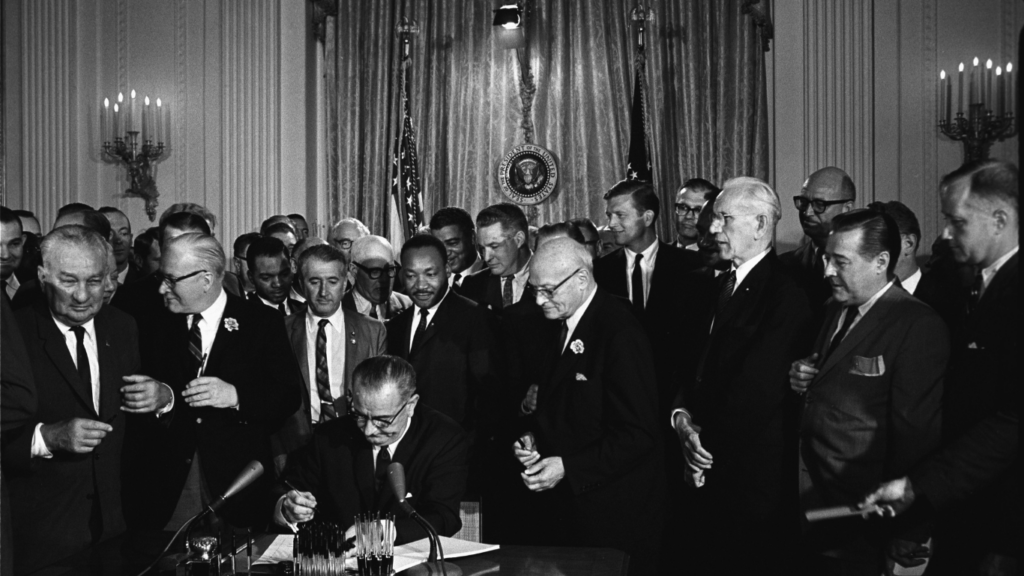Overview of the Annual Economic Summit
The Annual Economic Summit is a key event where global leaders convene to discuss pressing economic issues. This gathering plays a pivotal role in shaping global economic policies.
Purpose of the Summit
The main purpose of the summit is to provide a platform for leaders to discuss and collaborate on global economic strategies.
Topics include:
- trade agreements
- climate change
- fiscal policies
These discussions aim to create actionable plans that address economic uncertainties and promote sustainable growth.
Key Participants and Their Roles
Key participants include heads of state, finance ministers, and central bank governors.
Heads of state bring national perspectives to international issues.
Finance ministers contribute by discussing fiscal policies and budgeting strategies.
Central bank governors focus on monetary policies and financial stability. Collectively, these leaders drive the decisions that shape the global economy.
Major Topics Discussed at the Summit
The Annual Economic Summit draws attention to several pressing topics of global importance. This section discusses the major themes leaders addressed.
Global Economic Trends
Global economic trends were a major focus. Leaders reviewed current growth patterns, noting shifts in emerging markets. Data from the International Monetary Fund (IMF) highlighted a 3.6% global growth rate in 2022.
Participants examined factors like:
- inflation
- labor markets
- currency fluctuations
They also discussed the impact of COVID-19’s economic fallout and strategies for recovery.
Examples of policy adjustments in response to these trends included stimulus packages and monetary policy shifts.
Trade Agreements and Policies
- Trade agreements and policies took center stage as well. Leaders negotiated updates to existing agreements and explored new trade opportunities.
- Specific discussions included revising the North American trade framework and addressing tariffs between the US and China. The World
- Trade Organization (WTO) provided data showing a 1.8% increase in global trade volume.
- Participants analyzed how protectionist policies affect global supply chains.
Examples of proposed changes included reducing tariffs on essential goods and improving digital trade standards.
- Global economic trends and trade agreements highlight how interconnected the global economy is and underscore the importance of cooperative policies.
Key Speeches and Presentations

Key speeches and presentations at the Annual Economic Summit highlight critical strategies and initiatives.
Highlights from Notable Leaders
Several world leaders delivered impactful speeches. The President of the United States emphasized the need for new trade policies to stabilize global markets.
The Chancellor of Germany outlined strategies to support small and medium enterprises (SMEs), while also promoting technological advances.
The Prime Minister of Japan addressed climate change, urging for unified actions to achieve carbon neutrality within two decades.
Innovative Solutions Proposed
Innovative solutions dominated the presentations. A proposal from the European Union showcased a digital transformation fund aimed at modernizing infrastructure.
Brazil introduced an environmental initiative to protect the Amazon, focusing on sustainable agriculture.
South Korea’s presentation detailed advances in smart city technologies, aiming to enhance urban living and reduce carbon footprints.
Impact of the Summit on International Relations
Global leaders underscore the summit’s importance for fostering international cooperation. Significant outcomes include strengthening alliances and launching new economic initiatives.
Strengthened Alliances
The summit fosters collaborations between nations, driving policy alignment. For example, the renewed alliance between the US and European Union addresses collective trade challenges.
Additionally, the summit facilitates bilateral talks. Nations like India and Japan focus on strategic partnerships in technology and defense.
These alliances enhance regional stability and mutual economic growth, showcasing the summit’s role in international diplomacy.
New Economic Initiatives
Participants introduce ambitious economic plans. For instance, China’s Belt and Road Initiative gains support for expanding infrastructure across Asia and Europe.
The European Union proposes a green investment fund to accelerate the transition to renewable energy.
These initiatives create global investment opportunities, drive sustainable development, and reflect the summit’s commitment to proactive economic engagement.

About the author:
Stephen Werner is an integral member of the Luck Lounge Land team, renowned for his expertise in the economics of gambling. With a robust background in finance and statistics, Stephen offers comprehensive analyses of gaming trends and economic strategies. His work helps users understand the financial aspects of gambling and how to make informed decisions. At Luck Lounge Land, Stephen is responsible for the ‘Economics of Play’ section, where he explores the financial mechanics behind various games. His articles are widely respected for their depth and clarity, making complex concepts accessible to a broad audience. Stephen’s dedication to education is also evident in his contributions to the ‘Game Theory Academy.’


 is an integral member of the Luck Lounge Land team, renowned for his expertise in the economics of gambling. With a robust background in finance and statistics, Stephen offers comprehensive analyses of gaming trends and economic strategies. His work helps users understand the financial aspects of gambling and how to make informed decisions.
At Luck Lounge Land, Stephen is responsible for the 'Economics of Play' section, where he explores the financial mechanics behind various games. His articles are widely respected for their depth and clarity, making complex concepts accessible to a broad audience. Stephen’s dedication to education is also evident in his contributions to the 'Game Theory Academy.'
is an integral member of the Luck Lounge Land team, renowned for his expertise in the economics of gambling. With a robust background in finance and statistics, Stephen offers comprehensive analyses of gaming trends and economic strategies. His work helps users understand the financial aspects of gambling and how to make informed decisions.
At Luck Lounge Land, Stephen is responsible for the 'Economics of Play' section, where he explores the financial mechanics behind various games. His articles are widely respected for their depth and clarity, making complex concepts accessible to a broad audience. Stephen’s dedication to education is also evident in his contributions to the 'Game Theory Academy.'
